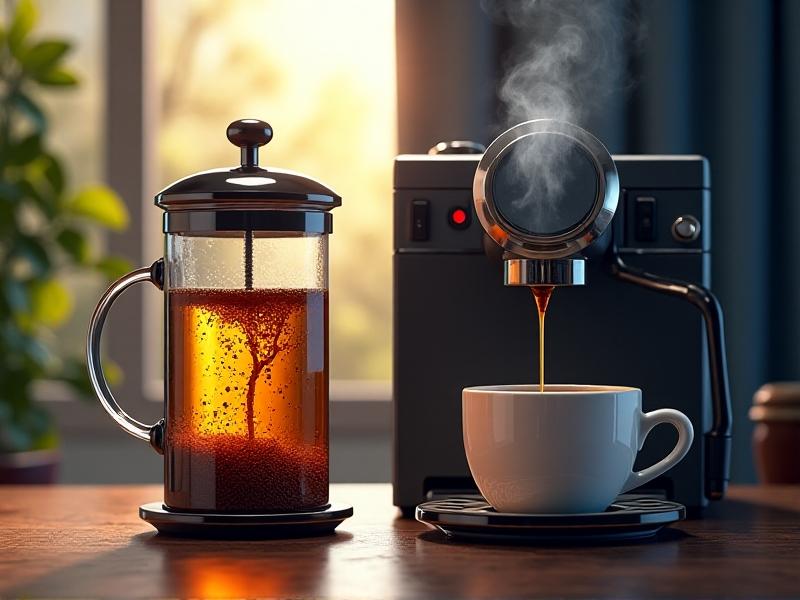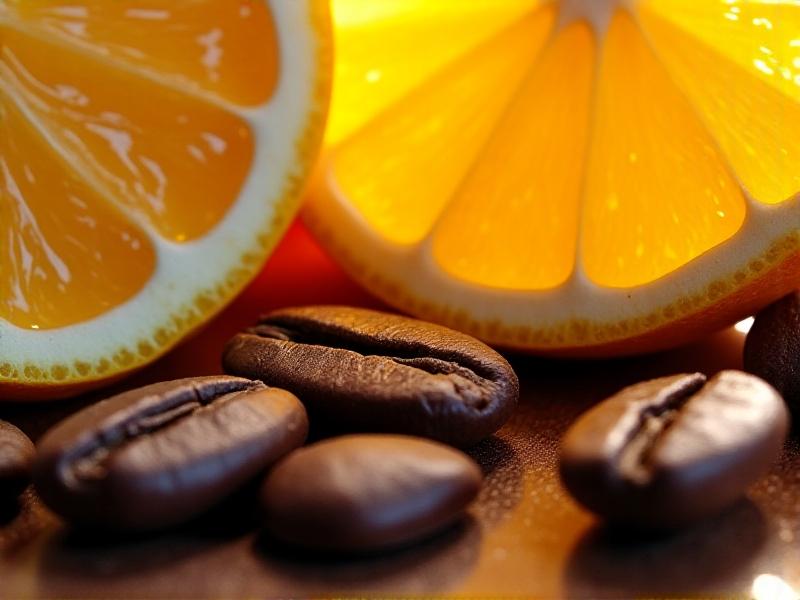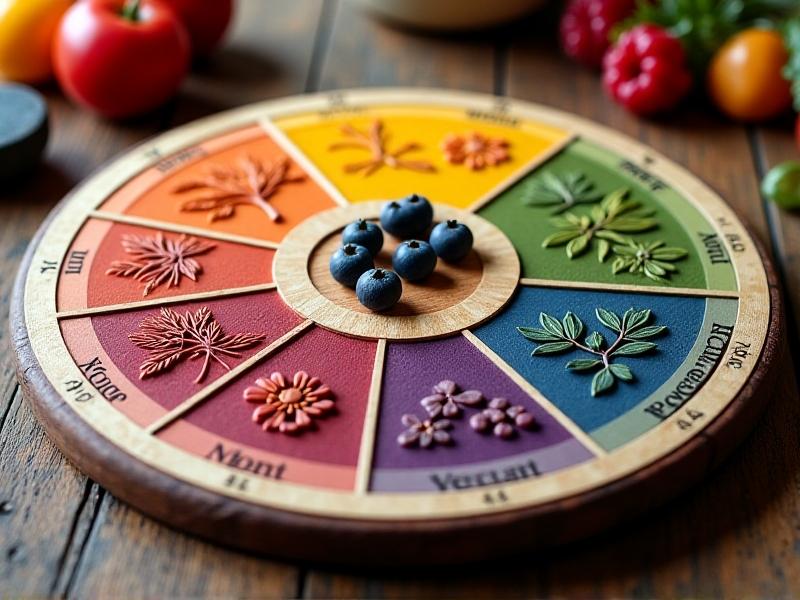Siphon Coffee Cloth Filter Alternatives
The Role of Cloth Filters in Siphon Coffee Brewing
Cloth filters have long been the traditional choice for siphon coffee enthusiasts, prized for their ability to balance flavor and body. Made from tightly woven cotton or linen, these filters allow some coffee oils to pass through while retaining fine sediments, creating a cup that’s rich yet smooth. Their breathable texture also contributes to a slower extraction process, which can enhance aromatic complexity. However, cloth filters require meticulous maintenance—regular rinsing, boiling, and storage in water to prevent mold or stale odors—which may deter casual users.

Metal Mesh Filters: Durability and Flavor Dynamics
Stainless steel mesh filters are a popular alternative, offering longevity and a distinct flavor profile. Unlike cloth, metal filters don’t absorb oils, resulting in a fuller-bodied brew with pronounced brightness and earthy undertones. Their perforated design allows minute particles to settle into the cup, adding a subtle grit that some drinkers associate with authenticity. While easy to clean and reusable for years, metal filters may require a slightly coarser grind to prevent clogging, and their environmental footprint is lower than disposable options.

Paper Filters: Clarity and Convenience
Paper filters prioritize clarity and convenience, producing a clean, sediment-free cup by trapping oils and fine particles. Ideal for those who prefer bright, nuanced flavors, paper minimizes bitterness and highlights floral or fruity notes. However, their disposability raises environmental concerns, though many brands now offer biodegradable or compostable options. Paper filters also require precise sizing to fit siphon brewers, and their thin walls can tear if saturated unevenly. For busy coffee lovers, the trade-off between taste and practicality often hinges on lifestyle priorities.

Reusable Nylon Filters: Balancing Practicality and Taste
Nylon filters merge the convenience of metal with the texture of cloth. These synthetic mesh filters are lightweight, quick-drying, and resistant to mold, making them low-maintenance compared to cotton counterparts. They permit slightly more oil passage than paper but less than metal, striking a middle ground in body and clarity. Over time, nylon may retain coffee residues, necessitating occasional deep cleaning with vinegar or baking soda. While not as eco-friendly as natural fibers, their durability makes them a cost-effective choice for frequent brewers.

Eco-Friendly Alternatives: Sustainable Brewing Choices
For environmentally conscious brewers, hemp or bamboo fiber filters present a renewable solution. These biodegradable options mimic cloth’s texture but degrade naturally, reducing landfill waste. Hemp filters, in particular, are robust and impart a slightly earthy note to the coffee. Additionally, reusable organic cotton filters treated with natural oils resist rancidity better than conventional cloth. While these alternatives often cost more upfront, their lower environmental impact appeals to sustainability-focused audiences.
DIY Solutions: Creative Homemade Filter Options
Resourceful brewers sometimes craft filters from cheesecloth, muslin, or even repurposed cotton T-shirts. These DIY options are budget-friendly and customizable, though consistency varies. Cheesecloth, for instance, requires multiple layers to prevent sediment leakage but offers a unique, unfiltered mouthfeel. However, homemade filters demand rigorous sanitation to avoid off-flavors and may wear out quickly. They’re best suited for experimental brewers willing to trade convenience for creativity.
Comparing Performance: Which Filter Matches Your Brewing Style?
The ideal filter depends on individual preferences for body, clarity, and workflow. Metal suits those seeking boldness and durability, while paper appeals to fans of crisp, clean cups. Cloth remains a favorite for traditionalists who value balance, and nylon offers a hassle-free compromise. Eco-friendly and DIY filters cater to niche priorities like sustainability or customization. Testing each type with different beans and grind sizes can reveal subtle differences that align with personal taste.
The Impact of Filter Choice on Coffee Body and Acidity
Filters act as flavor gatekeepers: metal preserves oils for a velvety body and heightened acidity, whereas paper mutes both for smoother, tea-like results. Cloth straddles these extremes, offering moderate body with balanced brightness. Nylon and hemp introduce subtle textural shifts—nylon leans toward silkiness, while hemp adds a touch of graininess. Understanding these interactions helps brewers tailor their methods to highlight specific coffee characteristics.
Maintenance and Longevity of Different Filter Types
Long-term care varies widely. Cloth demands daily boiling and refrigerated storage, while metal and nylon thrive with simple rinsing. Paper is discard-after-use but generates waste. Eco-friendly fibers like hemp require occasional sun-drying to prevent mildew. Investing time in proper upkeep extends each filter’s life and ensures consistent flavor, turning maintenance into a ritual that enhances the brewing experience.








